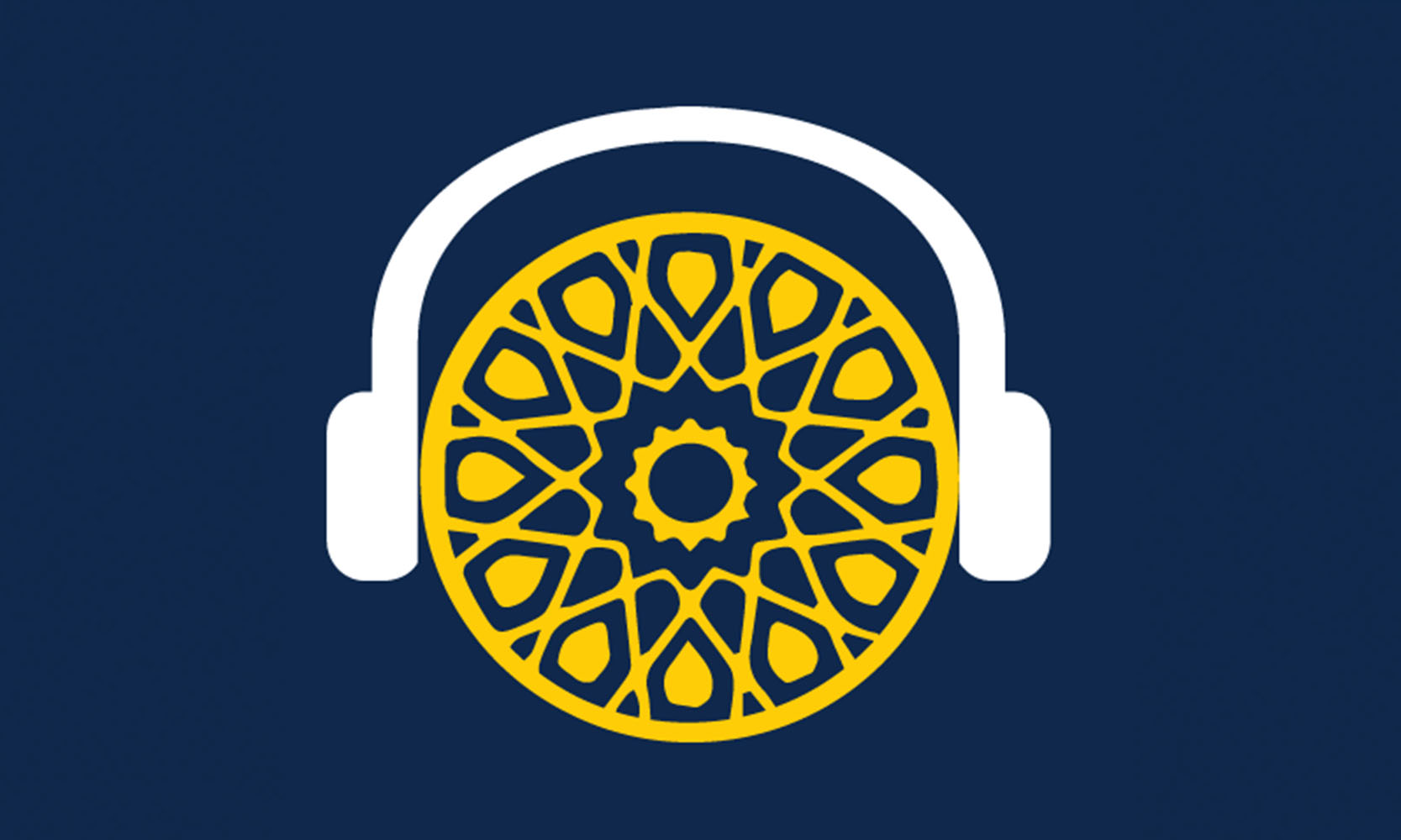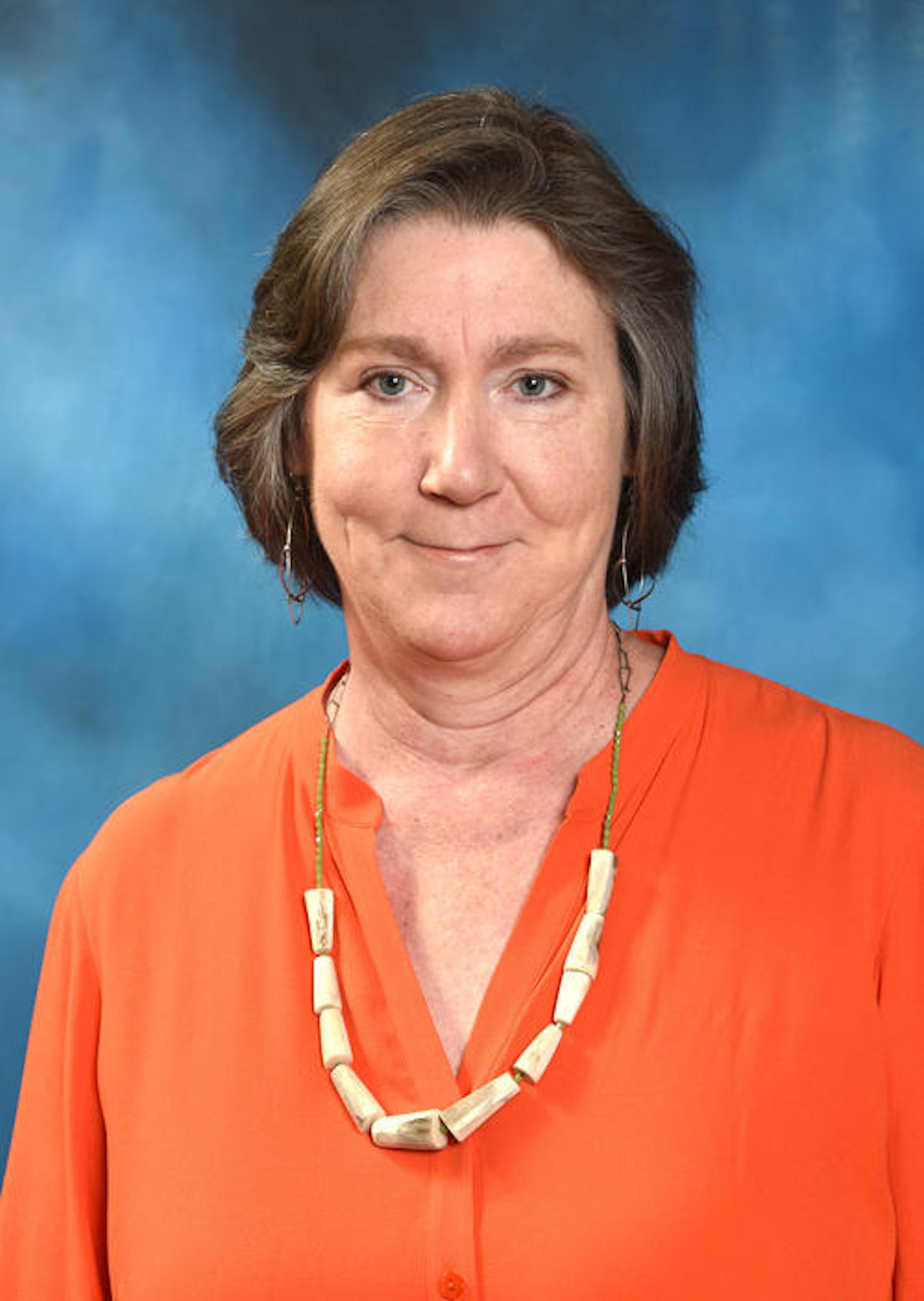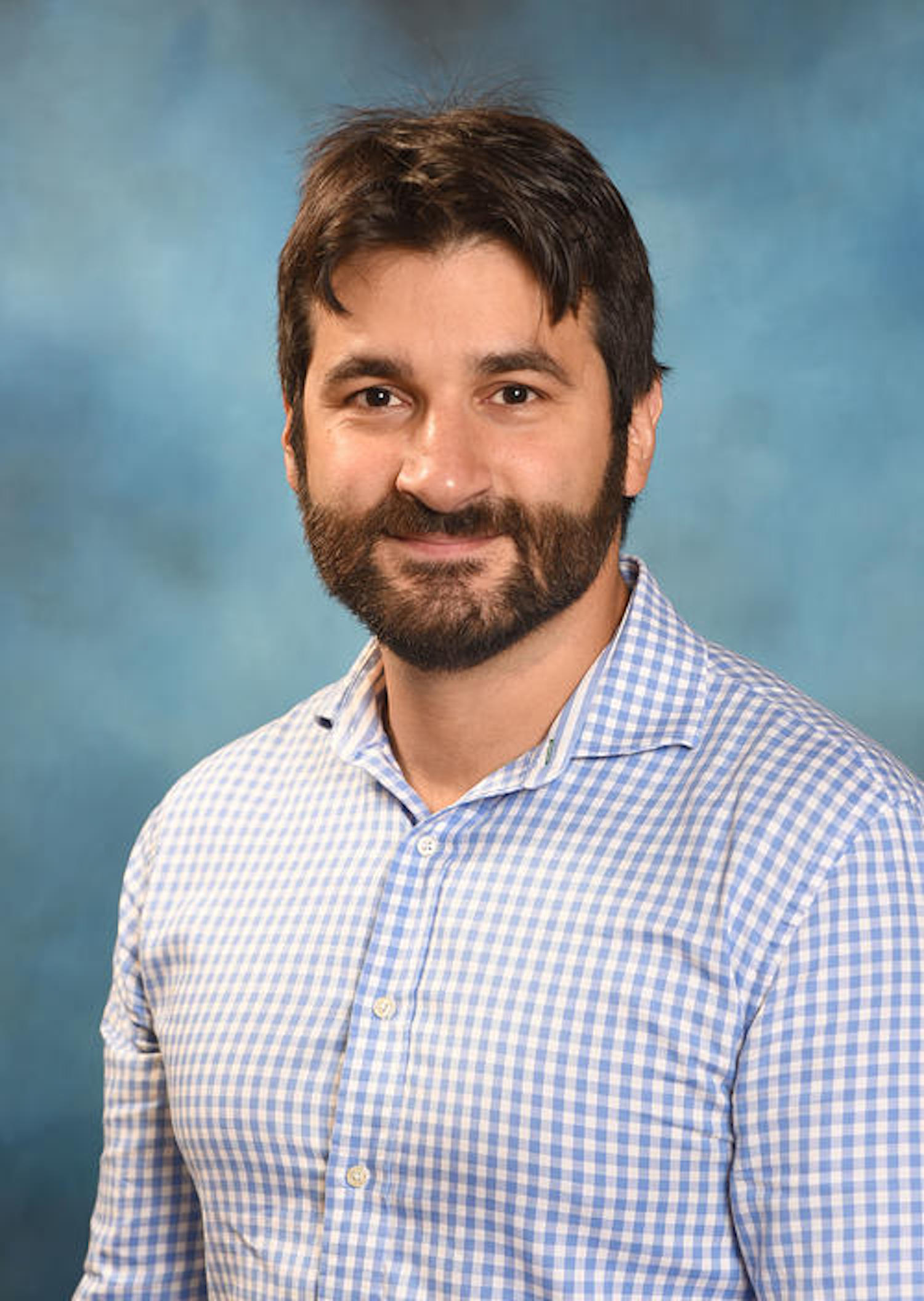Abou-Zeineddine and Howell’s grant will help create podcasts where prominent local and national Arab American authors are introduced and interviewed; the authors also will read excerpts from their works.
“Hearing from a Arab American author — in their own words — is inspiring to students; they can see that someone who may share a similar experience can succeed,” Abou-Zeineddine says. “We also want this to go beyond the Arab community. Many people aren’t familiar with the Arab experience and we want to bring people together so we can learn about differences we have and see the common threads that we share.”
The project’s goal is to expand to publicly attended spoken word experiences on the UM-Dearborn campus once in-person activities can resume.
Howell often works to include arts and culture into the Center for Arab American Studies’ public-facing exhibits and events. Musicians, photographers, culinary artists, and designers have taken part in Halal Metropolis and Unsettled Lives. But she was looking for ways to bring in literature.
“There’s no place where Arab community has a chance to speak for themselves more than through their literature. They are writing about the way they see the world and how they imagine making it better,” says Howell, who shared that Ford Motor Company Community Fund and the Arab American National Museum are also project partners. “The Arab experience is an Important part of our society and many Americans really don’t know about it. So our job at the Center is to provide ways to educate the public. One of the best ways to do that is to provide a platform for people to share their stories.”
Abou-Zeineddine says the podcasts — they plan to do 12 — will be released later this fall on the Arab American National Museum and the Center for Arab American Studies websites.
He said authors, who will be announced at a later date, are from different areas of descent like Iraq, Palestine, Lebanon and others. And there will be diversity in writing styles, such as poetry, playwriting and fiction. The podcasts will be available for educators to use as a supplemental teaching tool.







